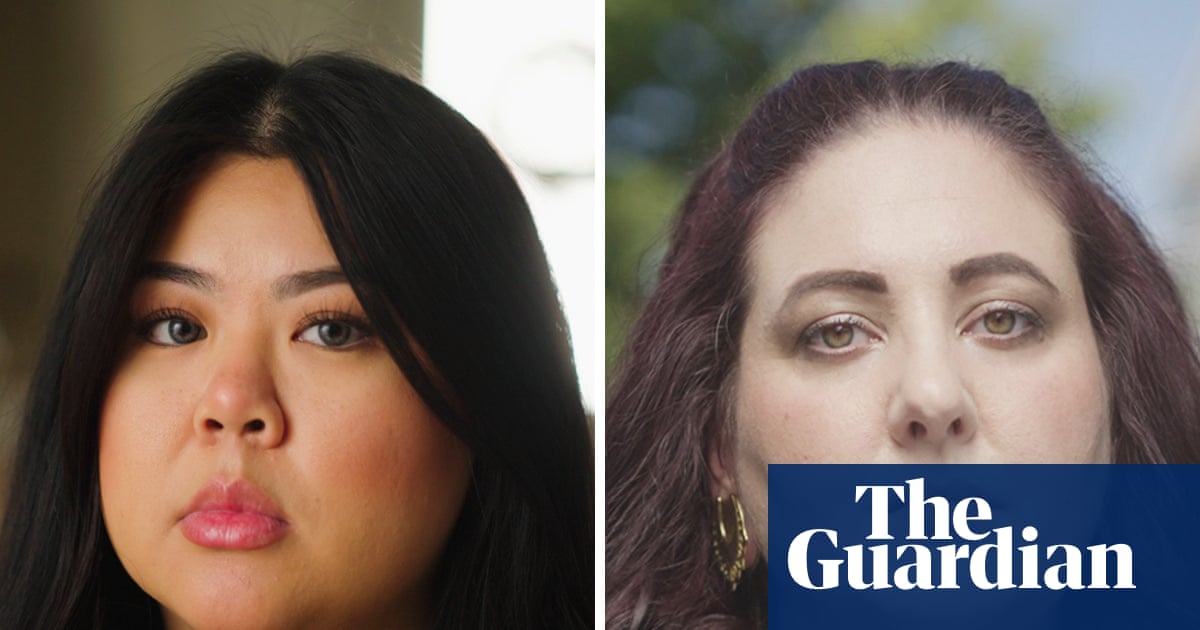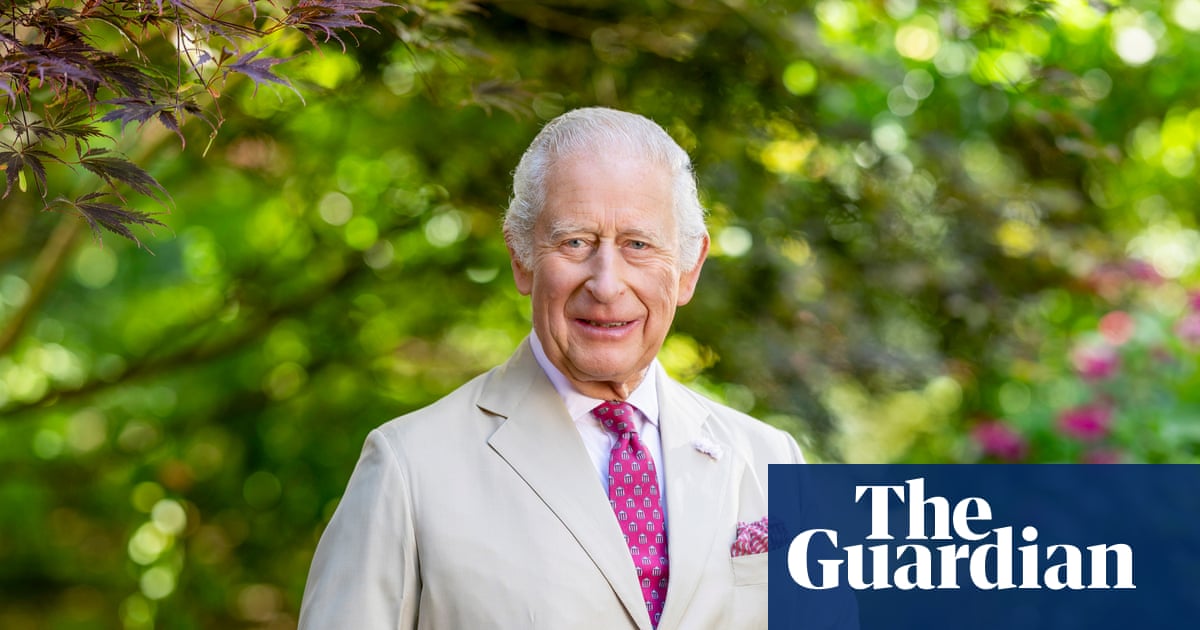Advocates for a private school system established to educate Native Hawaiians say a new lawsuit targeting the admissions process is an ugly attempt to ignore the wishes of a Hawaiian princess who bequeathed her inheritance to secure a brighter future for her people nearly 140 years ago.
The Kamehameha schools were established in the will of Bernice Pauahi Bishop, the great-granddaughter of Kamehameha I and the last royal descendant in the Kamehameha line. At the time of her death in 1884, the princess’s estate held about 9% of the island chain’s total acreage.
Her will established the Kamehameha schools using those lands and property to endow them. Today, the system encompasses three campuses for K-12 education and 30 preschools that focus on Hawaiian culture-based education. The schools educate about 5,400 students across all grades and have an endowment of about $15bn, a figure greater than all but about 10 of the country’s most elite universities. The schools take no money from the federal government.
Entrance is highly competitive at all grades, with only about one in five students being accepted at the high school. Kamehameha schools also subsidize about 92% of the cost of educating their students, with almost 80% of the student body also getting some kind of financial aid based on need.
Jon Osorio, the dean of the Hawaiʻinuiākea School of Hawaiian Knowledge at the University of Hawaii, said the Kamehameha schools were established at a time when the Native Hawaiian population was still on the decline. In the late 1880s, about 50,000 Native Hawaiians were estimated to live on the islands, down from a high of between 300,000 to half a million people at the time of contact with Europeans.
“The kingdom itself was really in a precarious kind of place, particularly because the United States was becoming more and more interested in securing a permanent base at Pearl Harbor,” Osorio said. “The kingdom’s precariousness and not really seeing the long-term fate of the Hawaiian nation was one of the things that led the princess in thinking she did not want her people to be left behind.”
Osorio said throughout the 20th century, “almost everything Hawaiian was being marginalized or even eliminated, or very actively suppressed”.
“In that period of time, the Kamehameha schools was really the only thing that we had,” Osorio, an alumnus of the schools, said. “The institution that we had, that was just for us, and had the potential at least of keeping us abreast of the rest of the population.”
Now, almost all of those enrolled at the schools have Native Hawaiian ancestry. But the new suit, filed in district court in Honolulu, says that is unfair.
The lawsuit was launched by a group called Students for Fair Admissions, a neoconservative non-profit based in Virginia that has for years waged a legal battle against affirmative action and race-based admissions practices. The group sued Harvard in 2014 and ultimately secured a landmark supreme court ruling in 2023 that saw the conservative supermajority end race-conscious admissions in higher education across the nation.
A website launched last month as a precursor to the Kamehameha schools suit notes that while it is a “great school system”, the schools’ “admissions policy expressly prefers students with Native Hawaiian ancestry over non-Native Hawaiian students”.
“In fact, that preference is so strong that it is essentially impossible for a non-Native Hawaiian student to be admitted to Kamehameha,” Students for Fair Admission says. “We believe that focus on ancestry, rather than merit or need, is neither fair nor legal, and we are committed to ending Kamehameha’s unlawful admissions policies in court.”
The effort is led by Edward Blum, a conservative activist who has led groups that have filed more than a dozen lawsuits challenging the use of race in education, business and across cultural bodies.
Blum did not reply to the Guardian’s request for comment. He told the New York Times that while the group supported the Kamehameha schools’ mission, their offerings should be available to all Hawaiians, “not just those with a specific genetic background”.
Eujin Park, an assistant professor at the graduate school of education at Stanford University, said the lawsuit targeting the Kamehameha schools was a striking example of how the fight to roll back civil rights-era legislation and policies to support equal opportunity in schools had moved from the battleground of higher education to K-12.
Park said conservative groups had targeted Harvard “very specifically” a decade ago.
“I think they’re targeting the Kamehameha schools because they are a very uniquely situated school,” Park said. “Much like the way they chose Harvard very specifically, because it’s such an elite space, because it’s so famous, and because … what we know as affirmative action … was modeled after the Harvard admissions plan.”
Park said even though affirmative action had its critics as a fairly limited tool to expand education opportunity and access, “it was an important tool in the toolbox”.
“It was part of this wider range of policies available to schools and universities to expand access and to build a more just education system,” she said. “To lose that tool, it’s incredibly harmful.”
Crystal Kauilani Rose, the chair of the board of trustees at Kamehameha schools, spoke about that legacy in front of the landmark ʻIolani Palace in Honolulu on Tuesday.
Rose said the princess’s mission to uplift Native Hawaiians “remains as vital today as when Pauahi wrote her will”.
“Our mission is simple, yet powerful: to fulfill [Pauahi’s] vision of empowering Native Hawaiians in perpetuity by improving the wellbeing of our people through education,” she told a crowd of hundreds of alumni and supporters. “This is our focus, and our purpose.”
Rose was one of the lawyers who successfully defended the admissions program in a 2003 challenge. At the time, the court ruled Kamehameha schools’ race-conscious admissions policy served “a legitimate remedial purpose”.
“One of the most meaningful moments of my career personally was defending our admissions policy two decades ago,” Rose said during the event on Tuesday. “When I took my oath as a trustee, I said, with every bone in my body, and every part of my soul, I made a promise. I promised to protect Pauahi’s vision, to honor her name, to defend this incredible institution.”
Things could be more difficult than they were 20 years ago, despite Kamehameha schools’ public comments that it is ready for a long legal fight.
Osorio said times were different now with a ninth circuit court of appeals that is “no longer what it used to be”. He pointed to a panel of three judges on the circuit, who recently ruled 2-1 that Donald Trump can deploy the national guard to Portland.
He added the schools had been “under attack” since the early 2000s by groups who “suggest this resource and this institution was a racist institution since it had assessment for those of Hawaiian ancestry”.
“Nobody in Hawaii was ever fooled by that,” he said. “No one here who understands this history ever really thought that the Hawaiian preference at Kamehameha schools was a racist preference. The vast majority of people here, including people who are not Hawaiian, saw this as the very, very least kind of resource that could be left in our hands.
“To Hawaiians, this challenge, I think it’s the most important thing we’ll ever be fighting,” Osorio went on. “And I think it’s going to bring all of us – all of our vigor and all of our anger – together.”

 3 months ago
55
3 months ago
55

















































